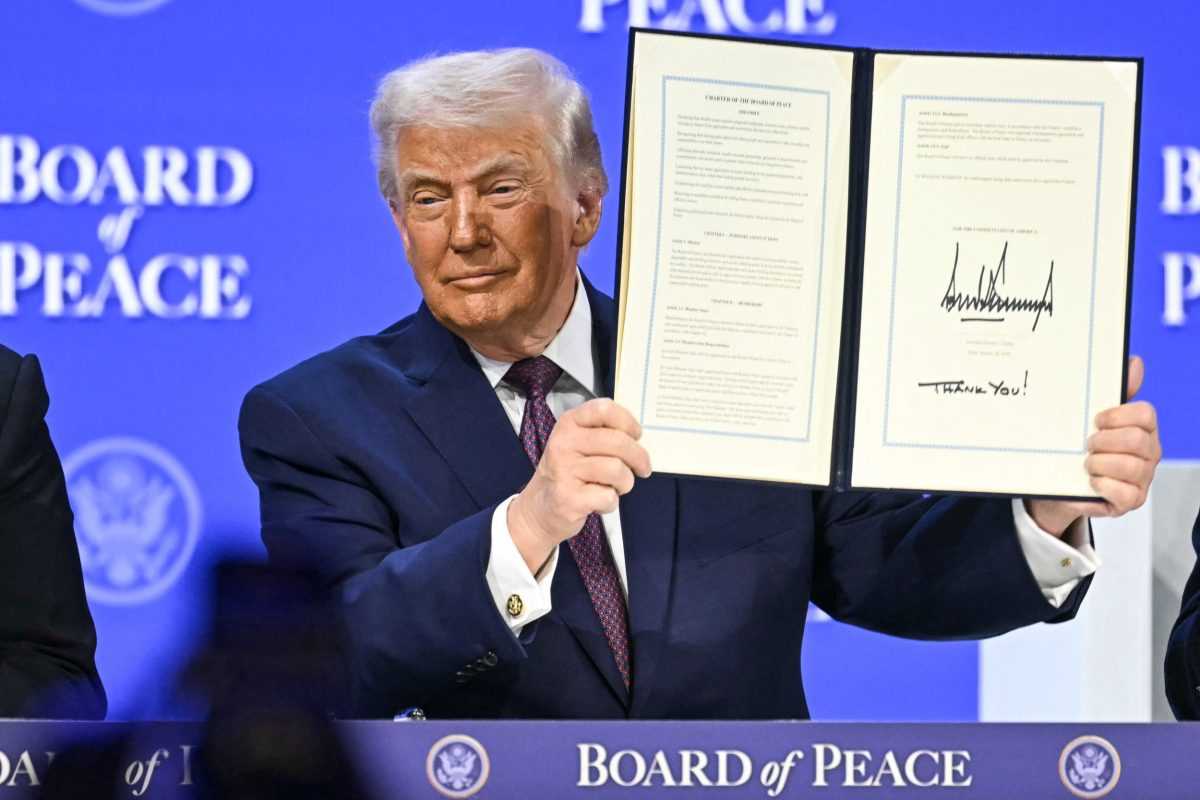
Nyashadzashe Ndoro
Lord Bellingham, in the House of Lords, pressed the United Kingdom government to revise its sanctions on Zimbabwe in light of the US announcement to strengthen theirs.
He expressed concern about the “dreadful situation” in Zimbabwe, citing President Mnangagwa’s alleged election rigging, harassment of opposition figures, and restrictions on civil society.
Lord Bellingham emphasised the need for stronger action, proposing “tighter and wider smart sanctions” aimed at the Zanu PF government and its associates. He argued that Zimbabweans deserve better, especially considering the nation’s past as a food exporter.
Related Stories
“To ask His Majesty’s Government whether they plan to revise the Zimbabwe sanctions regime in the light of the recent announcement by the government of the United States that it will adjust and tighten its sanctions,” he said.
Lord Ahmad of Wimbledon, the Foreign Office minister, responded that the UK's current sanctions target specific individuals responsible for human rights abuses, not the general population. He acknowledged the US approach and ongoing collaboration. However, he maintained the UK’s policy of not commenting on future sanctions plans.
Lord Ahmad acknowledged concerns about the targeting of civil liberties in Zimbabwe. He mentioned raising these issues with the Zimbabwean government and highlighted the UK’s adoption of a global human rights sanctions regime allowing targeted sanctions against human rights abusers.
Lord St John of Bletso questioned the effectiveness of existing sanctions, suggesting they haven’t deterred President Mnangagwa and opened doors for Chinese and Russian influence in the mining sector. He proposed an all-party parliamentary conference in Zimbabwe to promote inclusivity and address poverty.
The exchange suggests potential revisions to the UK’s Zimbabwe sanctions regime, with a focus on targeted measures against what they call rights violators and a possible shift in strategy following the US lead.




















Leave Comments